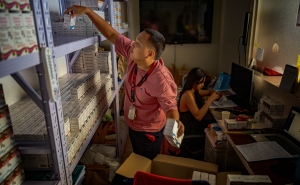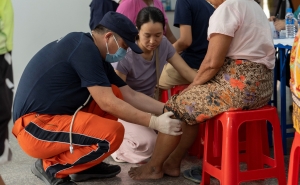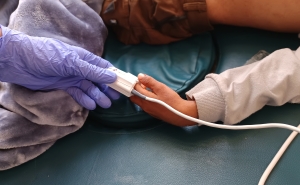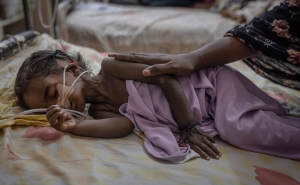Johns Hopkins Researchers Receive Grant to Help Strengthen the Public Health Workforce in Georgia
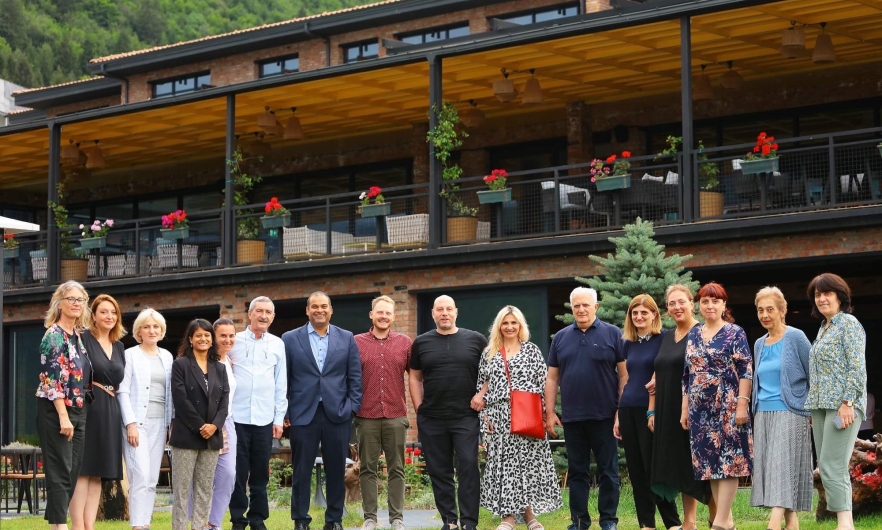
Researchers at the Johns Hopkins Bloomberg School of Public Health received a $250,000 grant from the U.S. CDC to provide support in strengthening the workforce in the country of Georgia. The Bloomberg School team will provide technical support to the Georgian National Center for Disease Control (NCDC) to help them meet their workforce planning needs and to better address communicable and noncommunicable diseases.
The COVID-19 pandemic has challenged health systems in countries all over the world. Strengthening the public health workforce is key to ensuring that a country’s health system is prepared to respond to public health threats such as COVID-19 and that it is able to address the growing burden of noncommunicable diseases. Researchers in the Bloomberg School’s Department of International Health will support a multisectoral taskforce working on measures that strengthen the Georgian health workforce, such as defining the capabilities of the current public health workforce and identifying any training gaps that exist, as well as developing staffing norms based on Georgian national health targets.
The project aims to
- Work with in-country partners to develop a national strategy and action plan for public health workforce development
- Measure the gap between the workforce currently available and what is anticipated to be available in future years, using models to produce year-by-year projections
- Undertake strategies to address identified gaps in workforce capabilities and needs, including increasing basic training capacity, strengthening continuing education, improving staff retention strategies, and creating incentives for staff to relocate to areas of greater need within the country
- Develop a monitoring and evaluation plan to track progress and ensure the sustainability of workforce development efforts
- Develop methods or standard operating procedures that serve as a practical guide to the workforce planning process in Georgia and potential replication elsewhere
Another key aim of the project is to prioritize the role and leadership of local stakeholders, such as NCDC staff and Georgian experts on the multisectoral taskforce. Team members from Georgia will lead the project, while the Johns Hopkins team will provide technical support and guidance. A recent workshop in Tbilisi, Georgia, facilitated by the Johns Hopkins team, brought together local stakeholders including local universities, the NCDC, and the Georgian Ministry of Health, as well as international players such as the WHO, to begin strategy development.
“With this project, we hope to lay the foundations for a modernized and effective public health workforce in Georgia and ensure more evidence-based approaches to training and recruitment,” says Sara Bennett, PhD, MPhil, a professor in the Bloomberg School’s Department of International Health and the Johns Hopkins lead on the project.
In addition to Bennett, other Department of International Health faculty on the project include Binita Adhikari, MSPH ’17, research associate, and Smriti Ridhi, MPH ’22, research associate. The project, called “Expanding and Sustaining the Public Health Workforce in Georgia for the 21st Century,” is expected to develop a public health workforce strategy by late Spring 2023.


